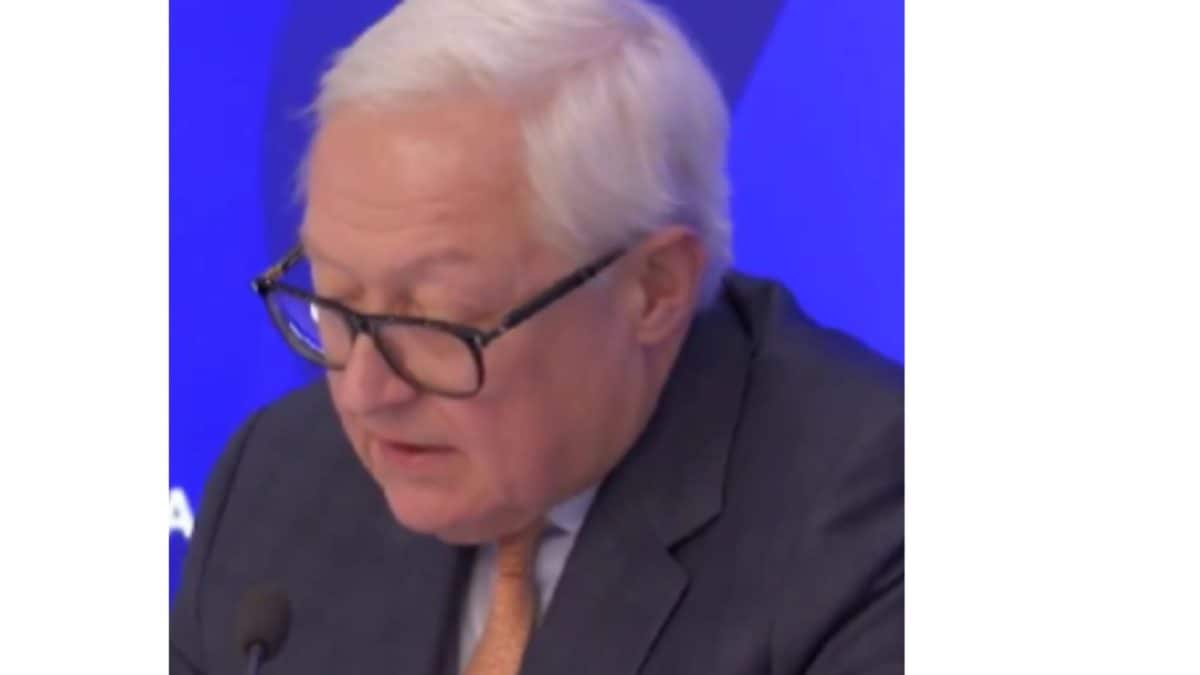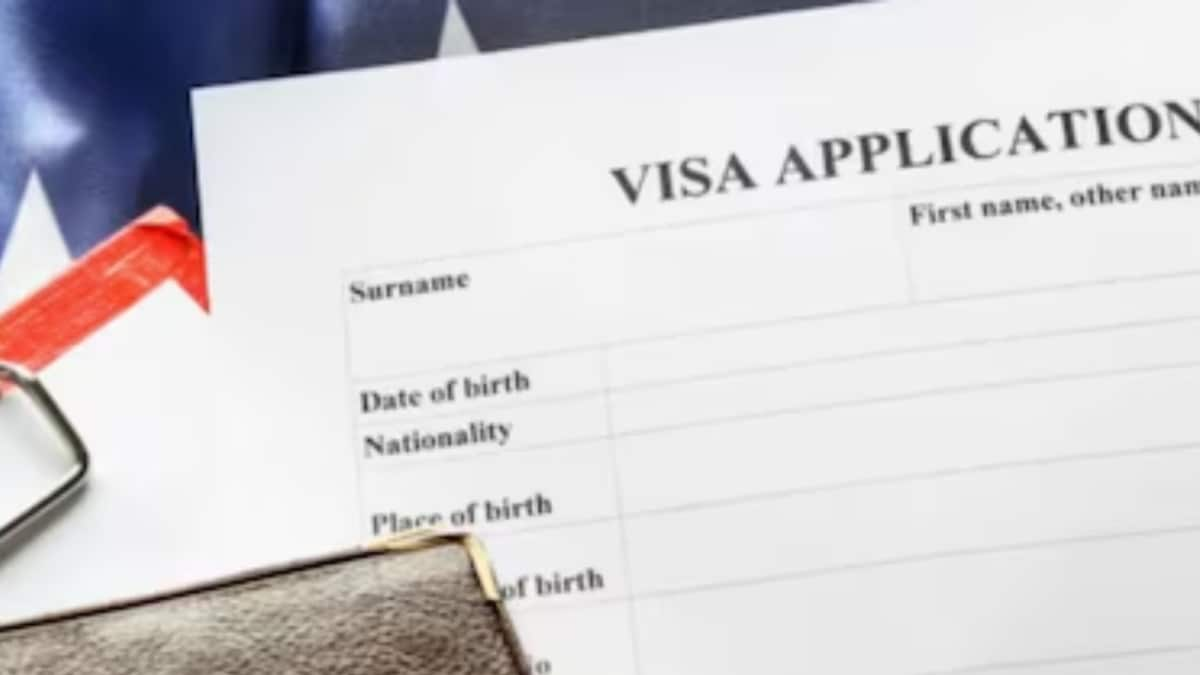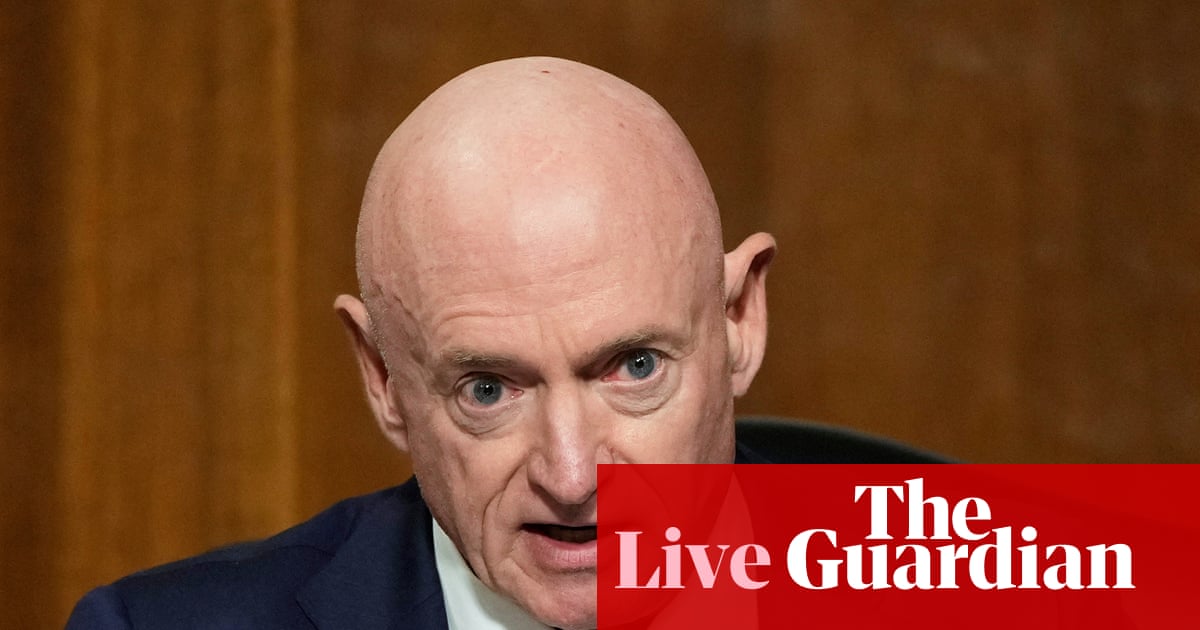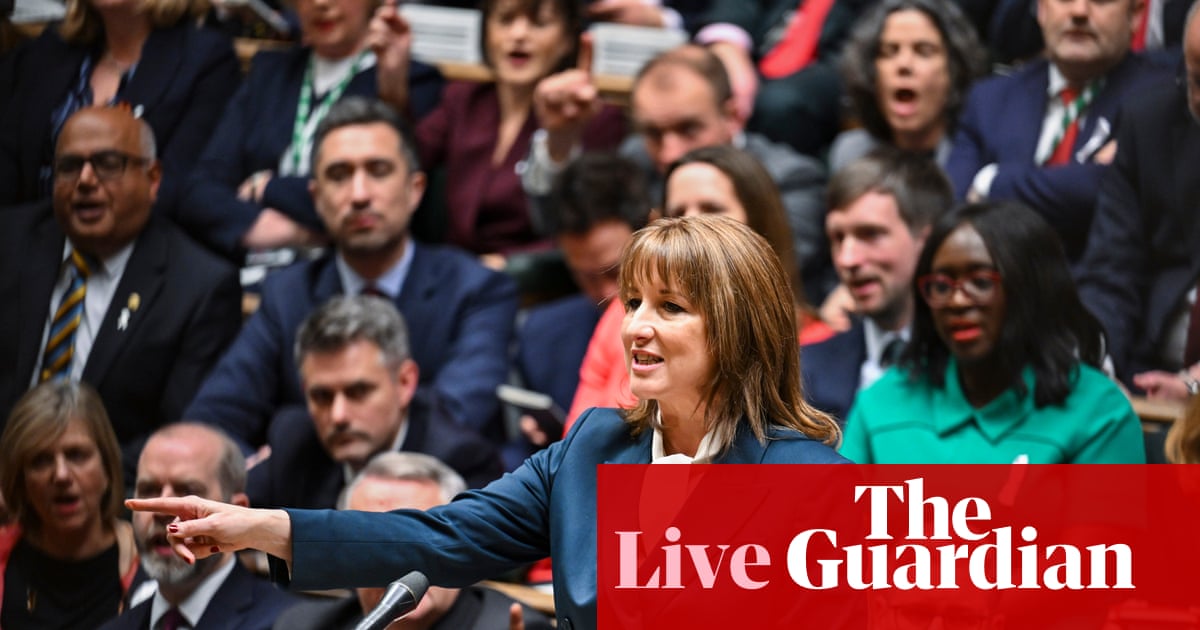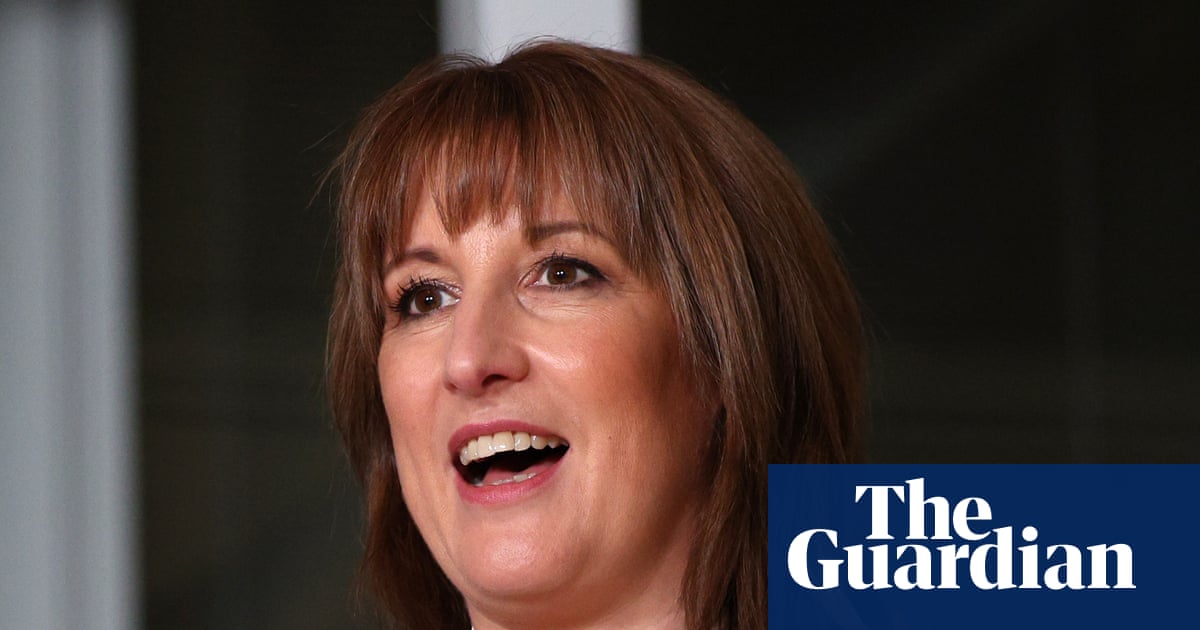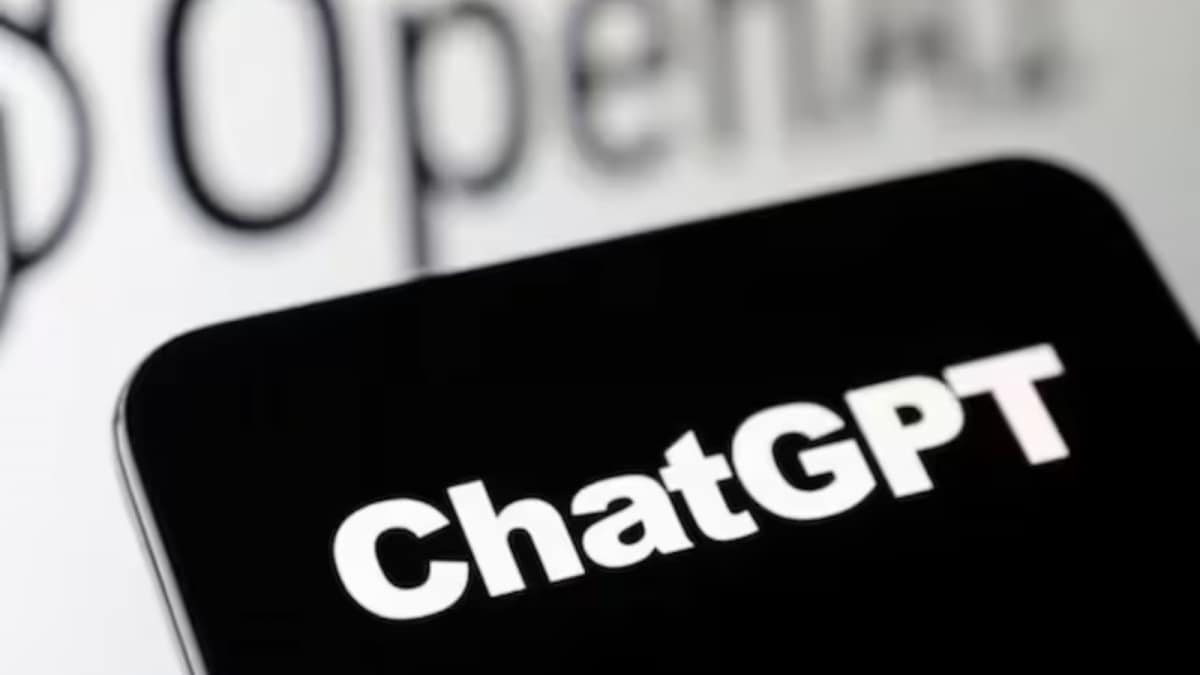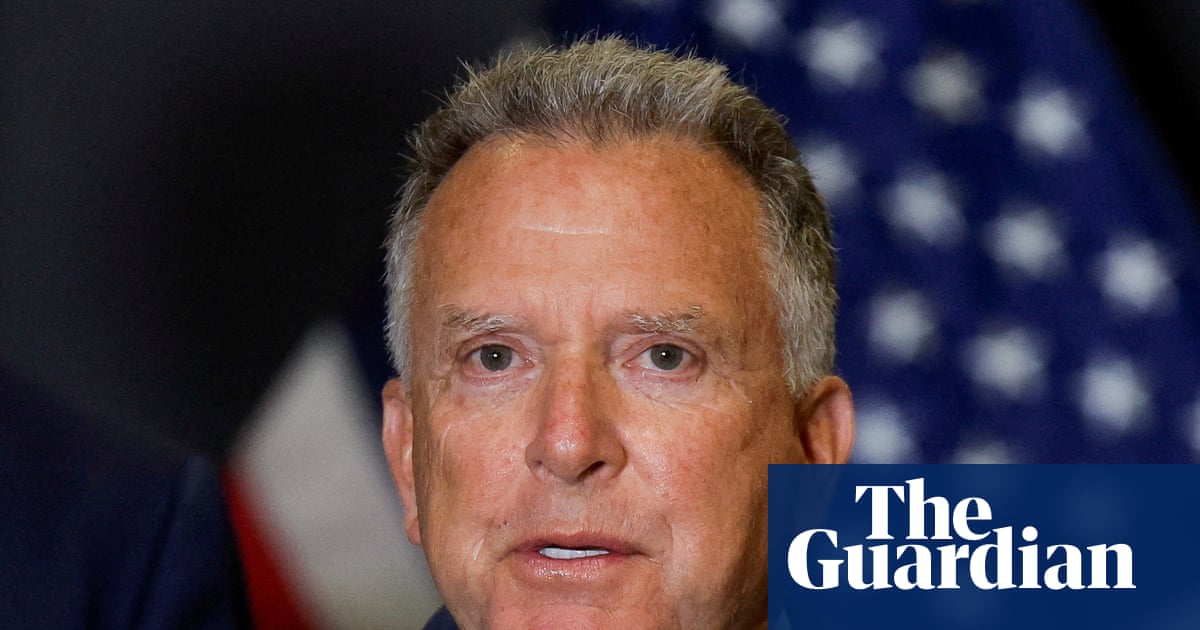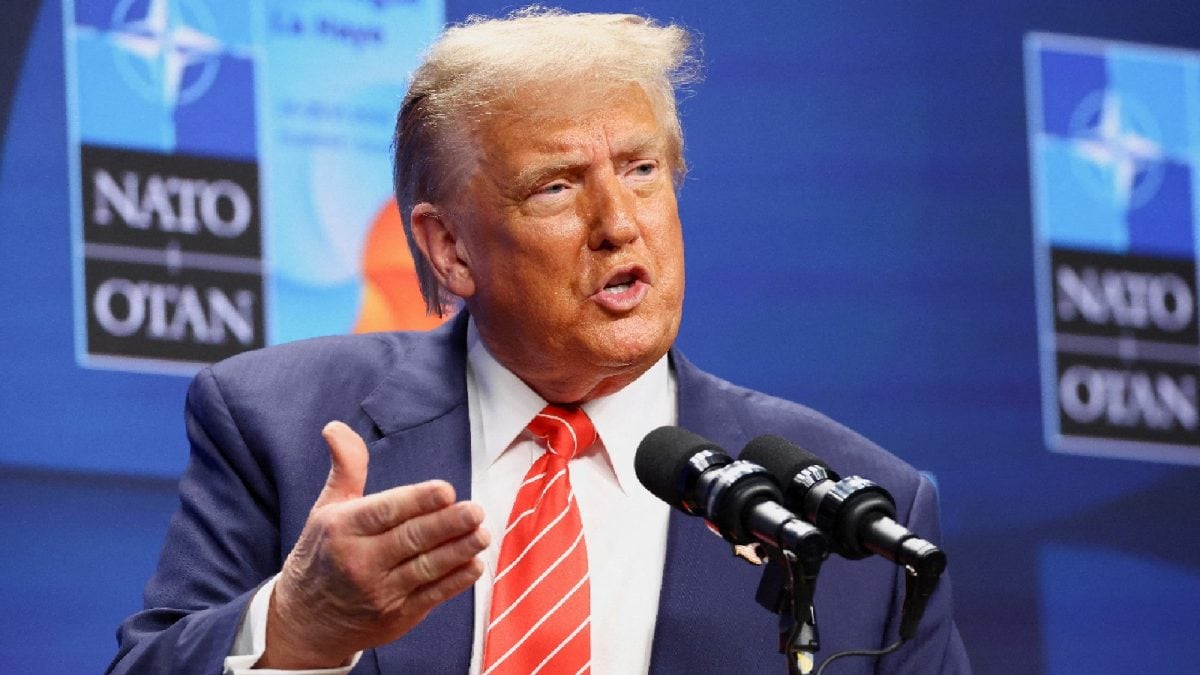When Rachel Reeves urged Labour MPs at a half-empty private meeting on Monday night to back her high stakes budget, she told them that while they might not like everything in it, she was convinced that overall it was fair.
After weeks of anxiety on the backbenches over manifesto breaches and speculation over Keir Starmer’s leadership, she was determined to reassure them that her plans were Labour through and through – and would give them plenty to offer voters on the doorstep.
“A budget involves choices. Choices are things that we do, and also things that we don’t do. I hope that you like every single measure but you might not. The budget is a package. It’s not a pick and mix,” she told them.
But one of the chancellor’s biggest dangers as her budget is absorbed by the public and, crucially, Labour MPs and the markets in the coming days, is that it ends up looking like a handful of ideas grabbed at random.
After dropping plans for a manifesto-busting income tax rate rise because of higher wage growth and destabilising speculation over Starmer’s future, Reeves has been forced to bring in a much broader mix of measures.
The risk of it all unravelling is high. Labour figures are anxious about a repeat of George Osborne’s notorious omnishambles budget. “There are now multiple opportunities for it all to go wrong,” admits one Downing Street insider.
It was not meant to be this way. Back in July, when she first gathered her Treasury officials to start drawing up the budget, the chancellor had a firm idea of her strategic priorities: cut NHS waiting lists, pay off the national debt and cut the cost of living.
That would all be done, she told aides, without a return to austerity or more borrowing – meaning that taxes would inevitably go up if she was to stick to her fiscal rules. She also wanted more headroom to protect against future economic shocks or unexpected spending. And it all had to be seen as progressive.
However, Reeves’s delay in delivering the budget until the last possible moment created a sense of uncertainty, exacerbated by damaging leaks and speculation – much of it prompted by ministers themselves, trying to roll the pitch to avoid spooking the markets and plummeting further in the polls.
The result has been a chaotic lead-up to the budget, with all the political damage that entails. The Office for Budget Responsibility’s embarrassing leak just half an hour before Reeves stood up was not the government’s fault but added to the sense of uncertainty.
Labour MPs have spent weeks worrying about the stability of the government and whether the budget could be the moment it all falls apart. With Reeves and Starmer’s fates so intertwined, landing it well was always going to be essential.
While the public is the most important audience, Labour MPs and the bond markets were the most urgently in need of convincing. Despite an initial spike in gilt yields after the OBR report was leaked, the markets quickly settled.
Winning over Labour MPs was pressing for the chancellor. After all, 80 disgruntled backbenchers is enough to trigger a leadership contest. So Reeves was determined to present this as a progressive moment: highlighting that while taxes would be going up, the richest would be paying more.
“I’m asking everyone to make a contribution, but I can keep that contribution as low as possible, because I will make further reforms to our tax system today to make it fair and to ensure that the wealthiest contribute the most,” she told the Commons.
Labour MPs cheered energy bills falling by £150 a year, the freeze in rail fares and a rise in the minimum wage. But their loudest cheer of all was reserved for scrapping the two child limit.
For most Labour MPs it is a deeply symbolic move. Tackling child poverty is often cited as the reason many of them came into politics.
Among many Labour MPs there is a sense of relief. “Hopefully people will see backbenchers like me, who were so worried on the welfare cuts, back her, and back her strategy,” one said. Another added: “I think people are thinking they can work with it.”
But there is not unconditional approval. MPs know that when they return to their constituencies this weekend they will face questions about taxes now at record highs with more people dragged into paying higher rates because of the threshold freeze (a manifesto breach in all but name).
While the Treasury insists its plans are realistic and deliverable, there is also some scepticism inside the party over the timing, with the biggest rises pencilled in for around the time of the next election.
And there is deep concern over living standards. The Resolution Foundation said the outlook had worsened significantly, with disposable incomes rising by a “paltry” 0.5% a year over this parliament – the second worst since records began in the 1950s – and a projected rise in unemployment.
But for now at least, the budget has done its job politically and averted an immediate leadership crisis. The whispers around Starmer and his chancellor’s future have subsided.
They have not, however, gone away. With the May local elections on the horizon – a potentially much more hazardous moment for the government – they could yet bubble over.
On Monday night, Reeves was determined that she wasn’t going anywhere. “I’ll show the media, I’ll show the Tories. I will not let them beat me. I’ll be there on Wednesday. I’ll be there next year and I’ll be there the year after that,” she told MPs.
But what she hasn’t yet shown is whether determination alone will be enough.

 49 minutes ago
49 minutes ago


